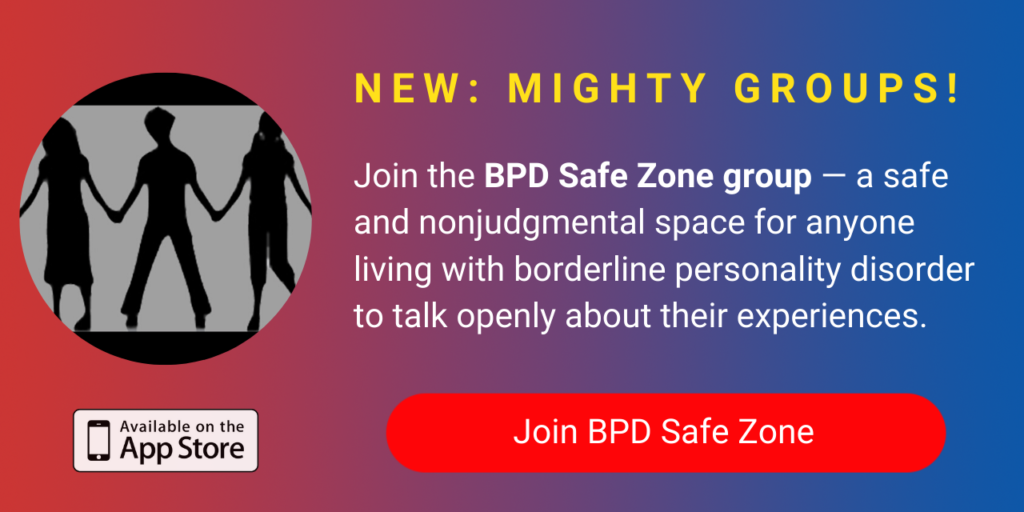The ‘Weird’ Way My Relationship OCD and Borderline Personality Disorder Contradict Each Other
Editor's Note
If you struggle with obsessive-compulsive disorder (OCD), the following post could be potentially triggering. You can contact the Crisis Text Line by texting “START” to 741-741. To find help, visit the International OCD Foundation’s website.
Obsessive-compulsive disorder (OCD), specifically the “subtype” relationship OCD asks, “What if I don’t love my boyfriend enough?” It questions our compatibility, my attraction to him and if I am just using him. OCD tells me my partner is too in love with me, and I will end up hurting him.
Borderline personality disorder (BPD) asks, “What if my boyfriend doesn’t love me enough?” It questions responses to my texts and attention spent elsewhere. BPD tells me my partner is not in love with me, and he will end up hurting me.
How is it that I can be simultaneously afraid he is too in love with me and not in love with me enough? I don’t have a solid answer to that, except that brains are weird. The combination of an anxiety disorder and a personality disorder is weird, simply put. I can hold two contradictory beliefs at the same time because I have two very different fears/motivators pushing against each other. Got to love those dialecticals, am I right?
The contradictory nature of the thoughts and emotions just go to show that you can’t always use logic to outsmart some brains. I am literally able to hold contradictory beliefs at the same time, so pitting them against each other isn’t going to work. I’ll just flip-flop between the two, making both more intense.
And sure, I recognize these are just thoughts produced by my weird brain, and I don’t have to believe thoughts. That is why I put the questions they ask in quotations. But the knowledge that thoughts are not facts doesn’t make the accompanying emotions any less big. And my emotions tend to be Big.
I also want to acknowledge though how confusing this must be for my partner. He is very motivated to support me and is learning how to best do so, but when the target is constantly moving, it must be hard to know exactly what to say or do. Of course, there isn’t one right answer. My needs and others’ needs vary, but there are words and actions that are more helpful than others. For example, for me, validation is more helpful than trying to fix or out-logic the emotions.
Neurodivergent love is a wild ride. I just want to make sure it is a balanced ride, and that I am tending to his needs and emotions as well. I don’t want our relationship to only be comprised of my diagnoses. And I don’t think it is, at least not most of the time. It’s been hard lately because I have some physical, hormonal issues going on that are also affecting my moods.
I think the key is to find people who are willing to go on this wild ride with you. They don’t have to be perfect; they don’t have to always say or do the right thing. I don’t expect that from myself, from him, or from friends and family. But they do have to be willing to try and learn and try again with more knowledge. Whether he loves me “too much” or “not enough,” love is the key factor.
Morgan
Image via contributor


